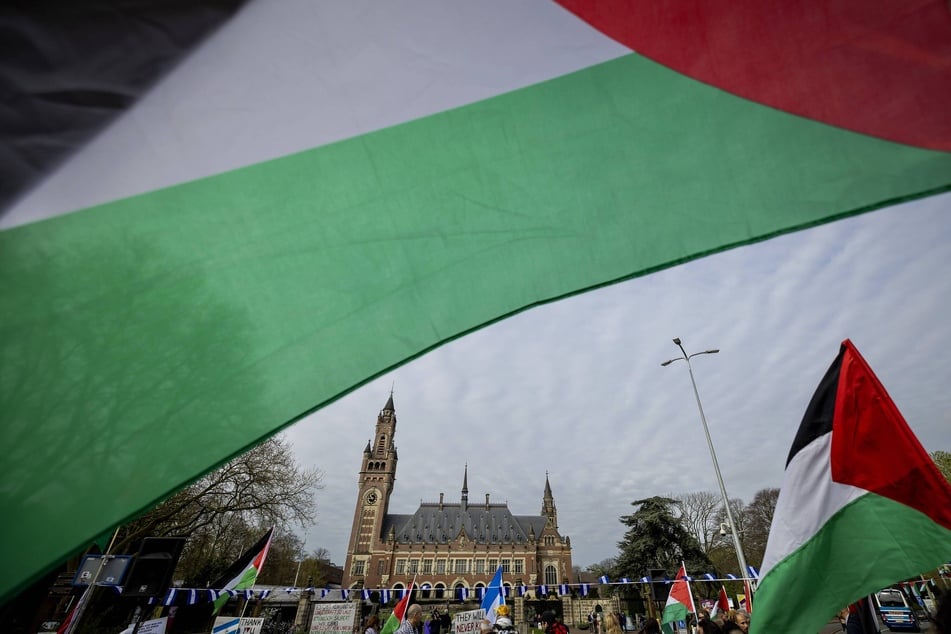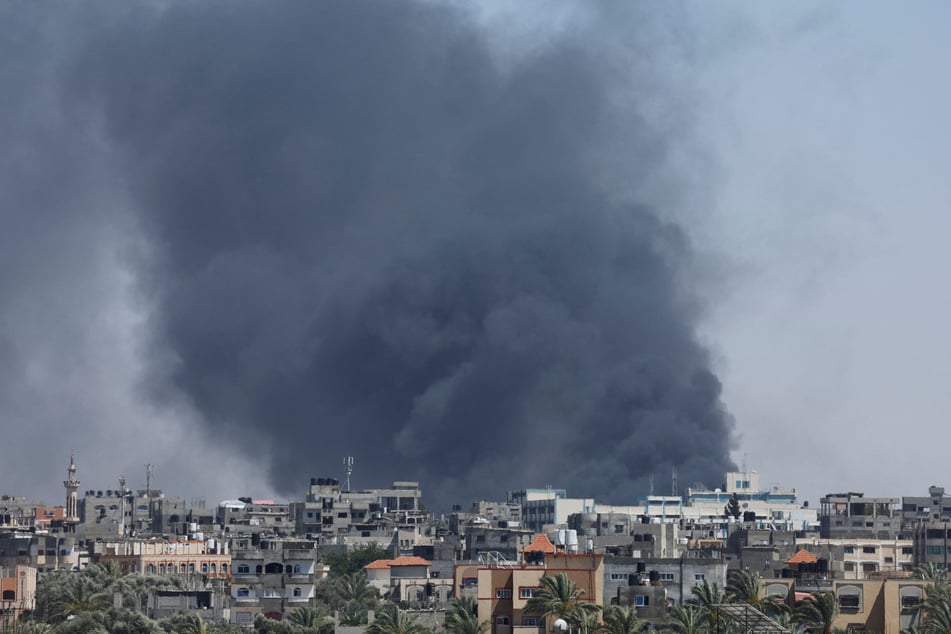International Court of Justice orders Israel to halt Rafah assault in huge genocide case ruling
The Hague, Netherlands - The International Court of Justice has ruled that Israel must immediately stop its assault on the city Rafah in Gaza's south, granting an urgent request in the historic genocide case brought by South Africa.

Marking a monumental development in the continuing efforts to stop Israel's relentless assault on the strip, the court's 15 judges overwhelmingly agreed that the ongoing attack on Rafah – where until recently 1.2 million people were sheltering – presents a further risk of genocide for Palestinians.
The decision, read out by ICJ President Nawaf Salam, ordered Israel to "immediately halt its military offensive or any other action in the Rafah governorate which may inflict on the Palestinian group in Gaza conditions of life that could bring about its physical destruction, in whole or in part."
While it does not definitively answer whether Israel is committing genocide in Gaza, this is the third time the UN's top legal body has issued provisional measures that indicate the plausibility of South Africa's claim.
More significantly, it's the first time the ICJ has explicitly demanded an end to all military operations, albeit restricted to Rafah.
It ordered Israel to keep open the Rafah crossing into Gaza for the "unhindered" provision of humanitarian aid, ensure access to investigators, and present a report on the measures taken in a month.
Judge Salam also called for an immediate release of hostages taken by Hamas in its October 7 attack on Israel.
International pressure on Israel reaches fever pitch

In a ruling on January 26 that made headlines worldwide, the ICJ ordered Israel to do everything it could to prevent acts of genocide during its war on Gaza.
But South Africa has since returned several times to the ICJ, arguing that the dire humanitarian situation in Gaza compels the court to issue further fresh emergency measures.
The court did so in March, ordering new measures compelling Israel to ensure the "unhindered provision at scale" of humanitarian aid.
In public hearings last week, South Africa's ambassador Vusimuzi Madonsela alleged that "Israel's genocide has continued apace and has just reached a new and horrific stage".
"Although the present application was triggered by the unfolding situation in Rafah, Israel's genocidal onslaught across Gaza has intensified over the past few days, also warranting the attention of this court," he said.
South Africa argued the only way to enable humanitarian aid in to ease the crisis in Gaza was a full halt to Israel's military operations – a position which the ICJ ultimately agreed with.
Having killed well over 35,000 people, Israeli officials – some of whom could face arrest warrants issued by the International Criminal Court – has so far vowed to defy international law and continue its bloody incursion until an unspecified "total victory" is achieved.
Cover photo: IMAGO / ANP

